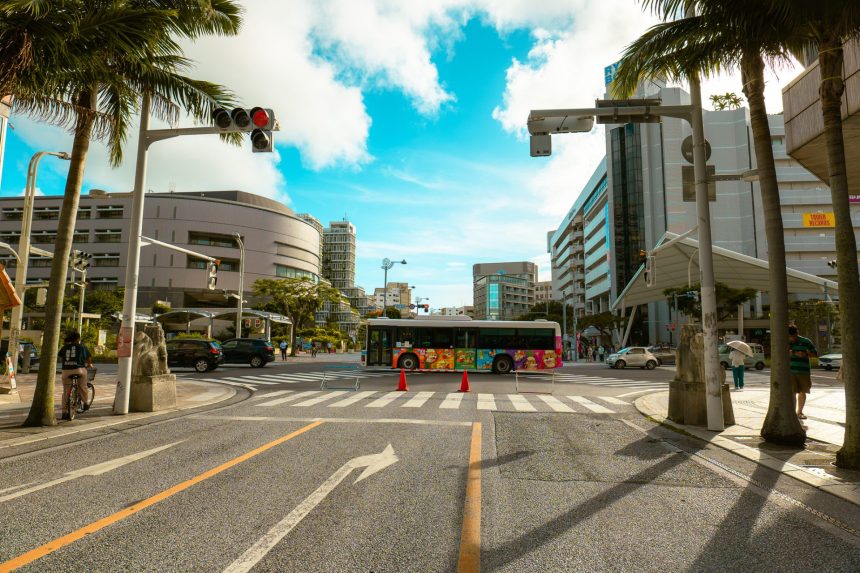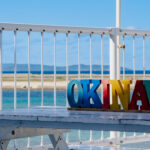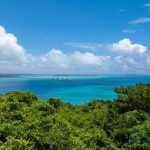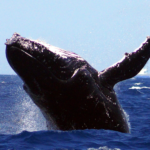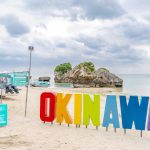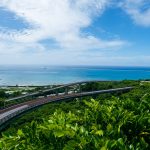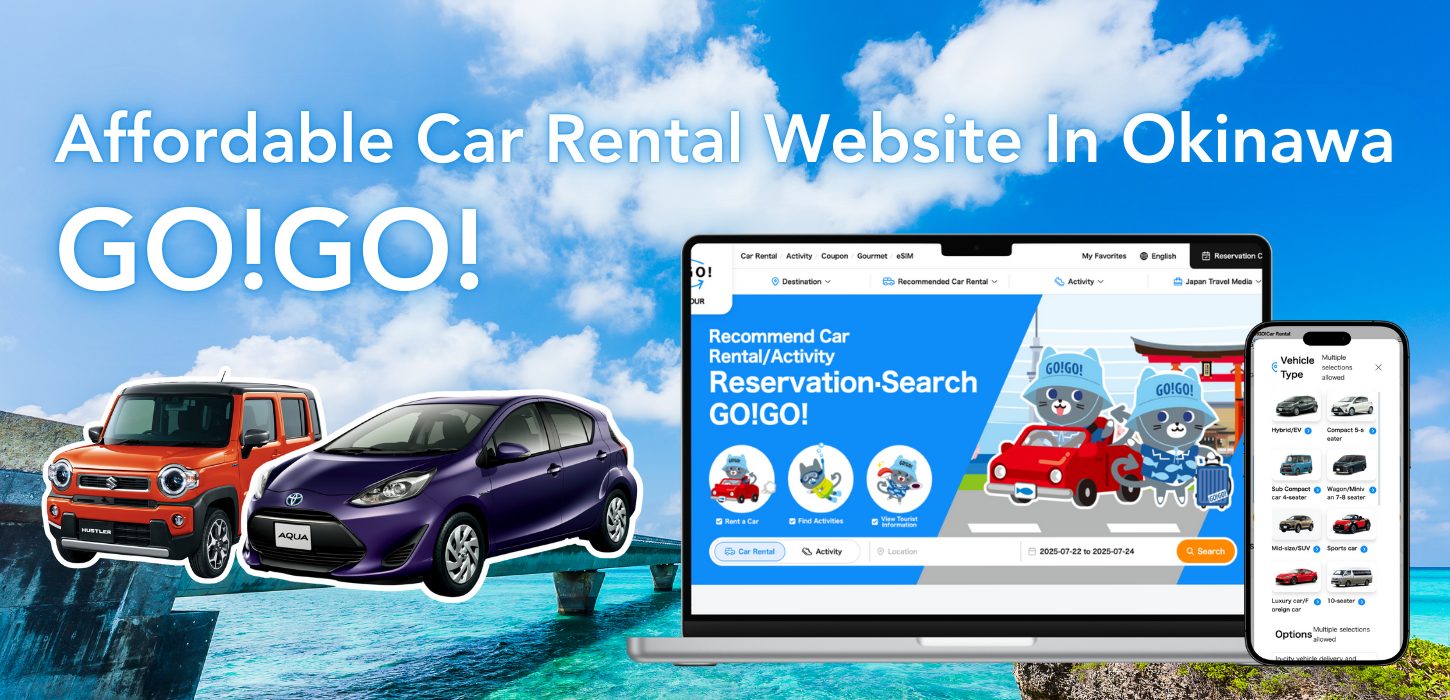Renting a car is one of the most popular ways to explore Okinawa. With the freedom to visit hidden beaches, enjoy scenic drives, and reach remote areas at your own pace, self-driving provides a unique and efficient travel experience. However, even the most careful drivers can encounter unexpected accidents on the road.
Even with full insurance coverage, failing to follow the correct procedures after an accident may lead to denied claims. In this article, we’ll guide you through the essential steps to take immediately after a car accident in Okinawa, along with real-life case examples to help you avoid unexpected expenses.
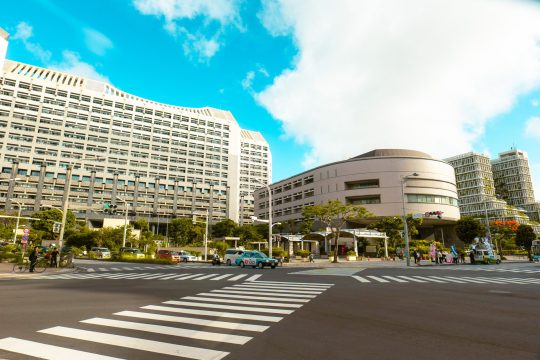
- In Case of Injury, Call an Ambulance Immediately by Dialing 119.
- Always Report to the Police—Even in the Case of Minor Accidents(Dial 110)
- Unnoticed Damage Could Be Treated as a Hit-and-Run Offense
- Police Reports Must Be Filed at the Scene of the Accident
- The Financial Consequences Without Coverage Can Be Significant
- Conclusion: Report All Accidents, Call for Medical Help If Needed
- Why Choose GOGO Car Rental?
In Case of Injury, Call an Ambulance Immediately by Dialing 119.
The top priority after any accident is to check for injuries. If anyone is hurt—even slightly—do not hesitate to call 119, the emergency number in Japan for ambulances.
Why must you use your mobile phone?
Please ensure you use your mobile phone when making the call, as emergency services rely on the device’s GPS functionality to accurately determine your precise location.
Using a stranger’s phone or a public phone may affect emergency services’ ability to accurately pinpoint your location, potentially causing delays in medical assistance.
🚑 Tip: If you do not speak Japanese, you can say phrases such as “Ambulance, please” or “119, help,” and show the responders your phone’s map screen to assist in locating you.
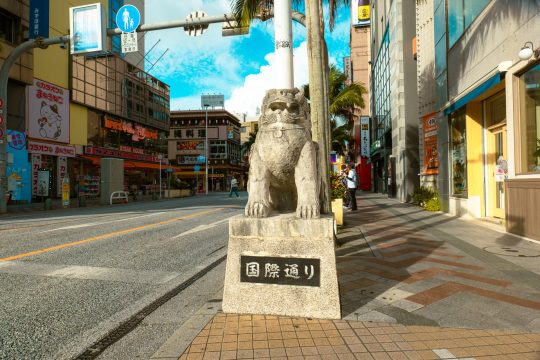
Always Report to the Police—Even in the Case of Minor Accidents(Dial 110)
In Japan, it is mandatory to report every car accident to the police, regardless of how minor the incident may seem.
Without an official police report, insurance companies will not approve any claims, regardless of how minor the damage may appear.
Some tourists may think, “It’s just a scratch; there’s no need to report it,” but in Japan, this is a crucial mistake.
Even when no other vehicle is involved, you are required to report any damage to your rental car to the police.
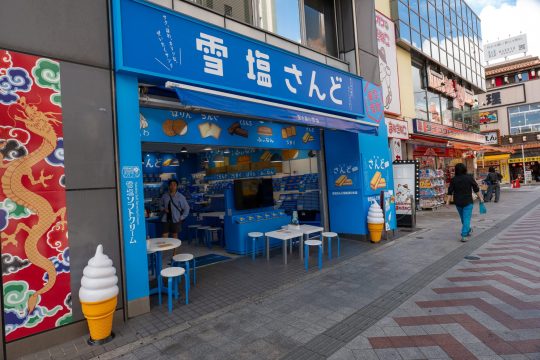
Unnoticed Damage Could Be Treated as a Hit-and-Run Offense
Drivers are sometimes only aware of a rear-end collision; however, during the vehicle inspection, the rental company may discover additional damage to the front or sides of the car.
📌 Real Case Example:
A customer noticed a minor bump while reversing, but was unaware that damage had also occurred to the front bumper.
Upon returning the vehicle, the rental agency identified damage to both the front and rear of the car. As no police report had been filed, insurance coverage was applied only to the rear damage. The customer was held responsible for all front repair costs out-of-pocket, including the liability waiver and the Non-Operation Charge (NOC).
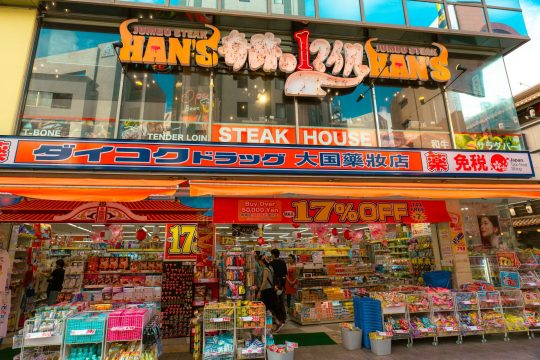
Police Reports Must Be Filed at the Scene of the Accident
Many people ask, “Is it possible to file a police report after leaving the accident scene?”
Unfortunately, insurance companies generally only accept reports made at the scene of the accident.
Even if you visit a police station afterward to file a report, rental companies may consider it invalid for insurance purposes.
✅ What You Must Do Immediately After an Accident:
- Pull over to a safe location and activate your hazard lights.
- Check for any injuries and call 119 if medical assistance is required.
- Call the police by dialing 110
- Notify your rental car company.
- Take photos of the accident scene and vehicle damage.
- Collect the other party’s information, if applicable.
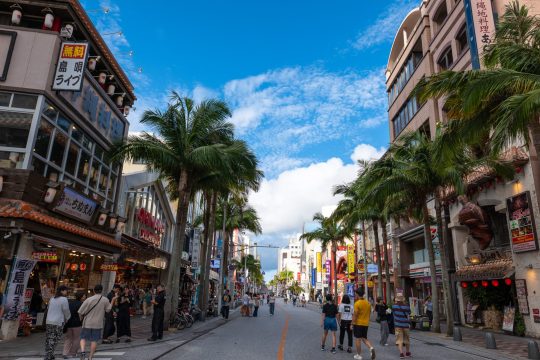
The Financial Consequences Without Coverage Can Be Significant
If insurance coverage is denied due to missing police reports or failure to follow proper procedures, you may be held personally responsible for the following expenses:
- Liability waiver amount (can be ¥50,000–¥150,000 or more)
- Non-Operation Charge (NOC: usually ¥20,000–¥50,000)
- Full repair costs (if not covered by insurance)
Even a minor scratch can lead to unexpectedly high repair costs in Japan. This is why it is essential to report all incidents immediately to avoid unforeseen financial liability.
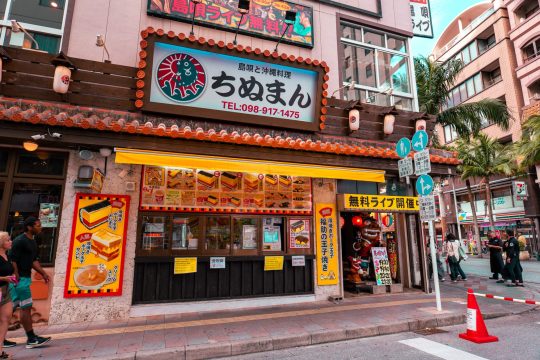
Conclusion: Report All Accidents, Call for Medical Help If Needed
If you’re driving in Okinawa, remember these rules:
- Report every accident to the police by calling 110
- Call 119 if anyone is injured.
- Only incidents reported at the scene are eligible for insurance claims.
Accidents can occur even to the most cautious drivers. However, by responding promptly and following the proper procedures, you can protect both your well-being and your financial interests.
Before renting a car in Okinawa, take the time to review your insurance coverage and the essential procedures—it may save you considerable time, stress, and expense.
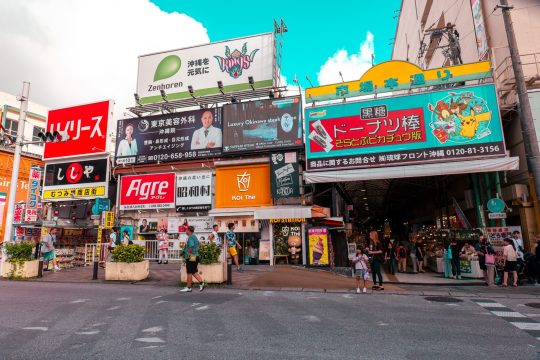
Why Choose GOGO Car Rental?
- Affordable rates starting from ¥2,000
- Hourly-based pricing system —
e.g. 2 nights 3 days = 48 hours / 3 nights 4 days = 72 hours → more cost-effective! - A Range of Insurance Plans Offering Coverage for Car Accidents
- 365-day customer support
- Pickup and Dropoff available at city centers and the DFS Galleria duty-free
- If you’re not confident driving in Japan, some agencies provide driving orientation services to help you get acquainted with local roads and driving rules.
- A wide selection of vehicles is available, ranging from standard cars to sports cars and luxury models.
- Some agencies operate from 8:00 AM to midnight, allowing you to maximize your travel time and flexibility.

